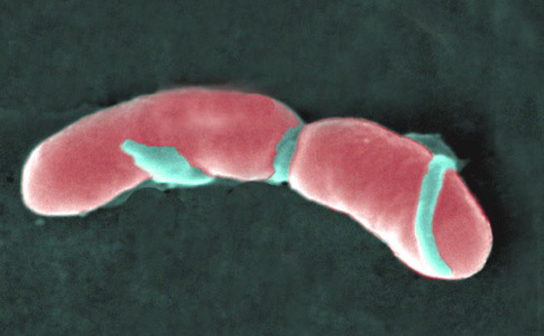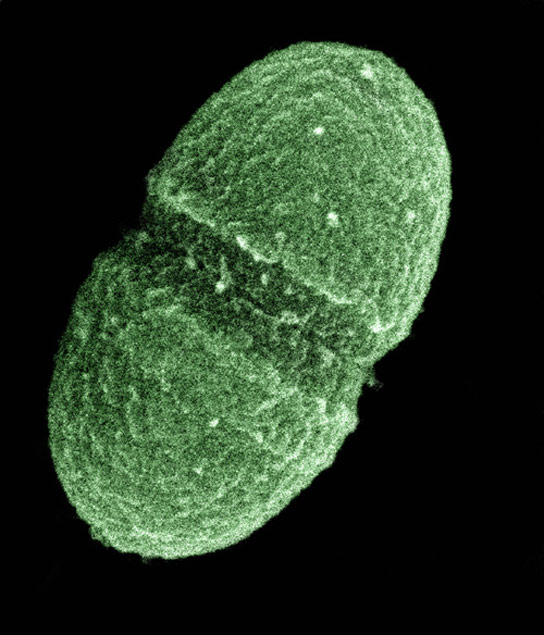
The microbiota in pregnant women’s gut change as their pregnancy advances, resembling more like those of people who might develop diabetes. These changes, while not damaging maternal health, correspond with increases in blood glucose and fat deposits thought to help the nourishment of the developing child.
This is the first time that scientists have tracked the gut microbiome during pregnancy. The team was led by Ruth Ley, a microbiologist at Cornell University in Ithaca, New York, published their findings in the journal Cell. Her team sequenced microbial DNA from stool samples collected early and late in pregnancy and found consistent shifts in bacterial communities.

The diversity of the gut bacteria declined between the first and third trimester, but there was an abundance of Proteobacteria and Actinobacteria which increased. They are common in people who are obese or have metabolic syndrome, and are associated with inflammation.
The obvious shift in the third trimester makes sense, since it’s at that time that fetuses start putting on weight. The shift in microbial diversity didn’t adversely affect the mother’s health and it happened regardless of whether women were of normal weight or overweight before falling pregnant. It also didn’t matter whether they had developed diabetes, taken antibiotics or probiotics. After birth, the samples resembled those of mothers in their first trimester.
Mice with transplanted gut bacteria from humans, raised in sterile conditions, when receiving microbiota from third-trimester women, became fatter and less sensitive to insulin. Ley speculates that physiological changes that occur in women during pregnancy alter the microbial community, which creates a positive-feedback loop sustaining conditions seen in metabolic syndrome.

Reference: “Host Remodeling of the Gut Microbiome and Metabolic Changes during Pregnancy” by Omry Koren, Julia K. Goodrich, Tyler C. Cullender, Aymé Spor, Kirsi Laitinen, Helene Kling Bäckhed, Antonio Gonzalez, Jeffrey J. Werner, Largus T. Angenent, Rob Knight, Fredrik Bäckhed, Erika Isolauri, Seppo Salminen and Ruth E. Ley, 3 August 2012, Cell.
DOI: 10.1016/j.cell.2012.07.008